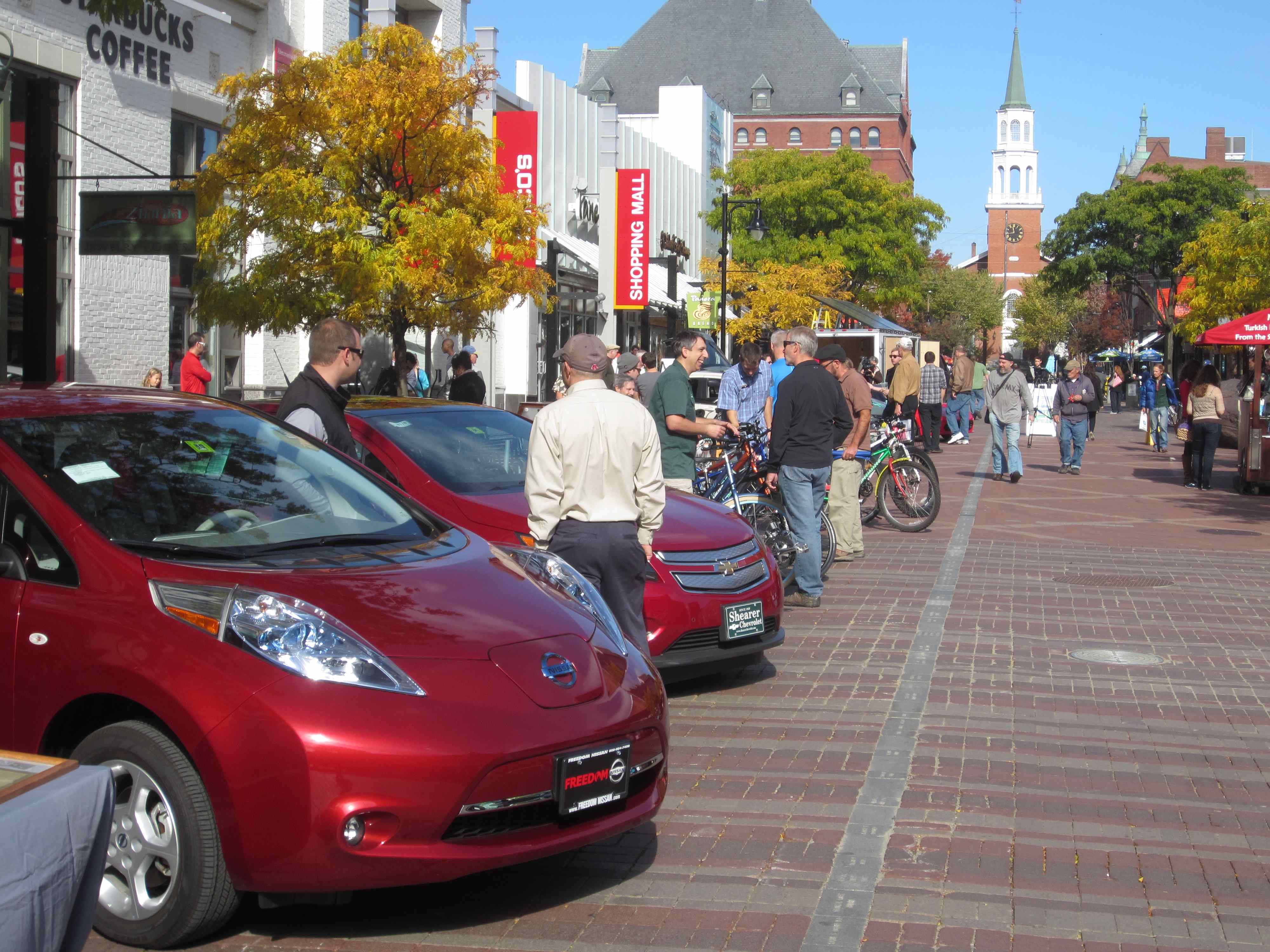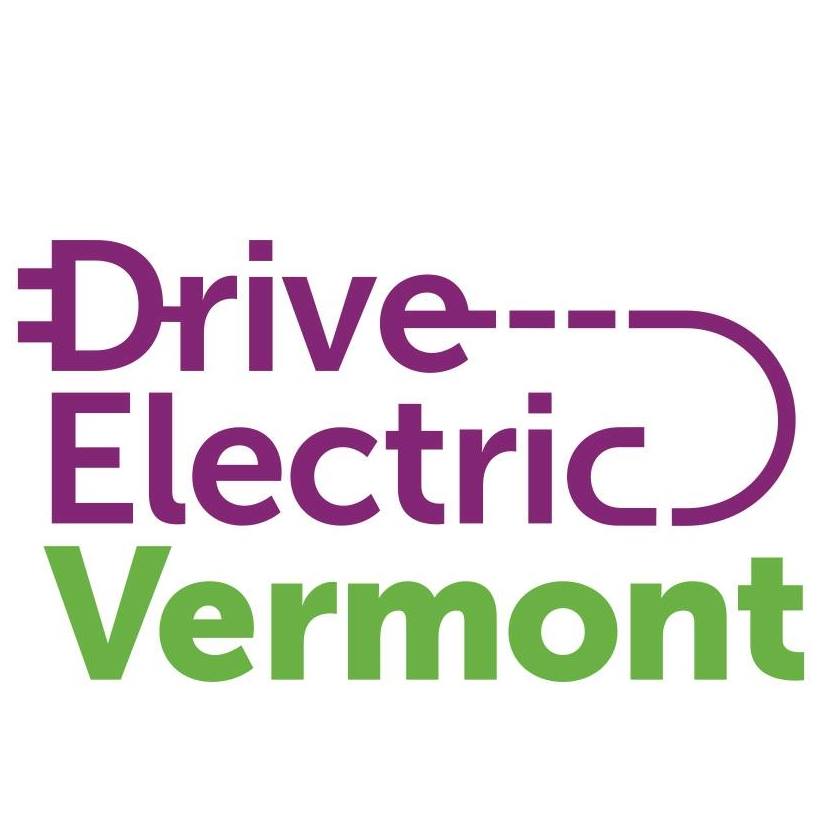Overview 
Electricity can be used to power plug-in electric vehicles (PEVs), including all-electric vehicles and plug-in hybrid electric vehicles. These vehicles can draw electricity directly from the grid and other off-board electrical power sources and store it in batteries. In contrast, hybrid electric vehicles are fueled with liquid fuels, like gasoline, but use batteries to re-capture energy otherwise lost during braking (ultimately boosting fuel economy). Using electricity to power vehicles can have significant energy security and emissions benefits.
Electrification in Vermont
|
Infrastructure & Emissions Savings:
State EV Purchasing Incentives:
| Loading alternative fueling station locator… |
Electricity Resources
The Zero-Emission Technology Inventory (ZETI) tool is an interactive online resource to establish a current and shared knowledge base for worldwide commercially available offerings of zero-emission medium- and heavy-duty vehicles (MHDVs). The tool aims to provide fleets and governments with comprehensive information including regions where zero-emission brands are available for purchase, and the timeline over which additional models are expected to become available.
Want to learn more about electric lawn equipment and the incentives available for purchase? Click here to hear from Peggy O’Neill-Vivanco on BED’s Net Zero Energy Podcast.

